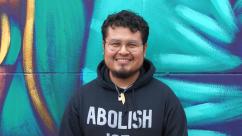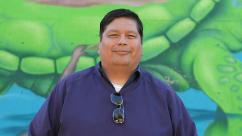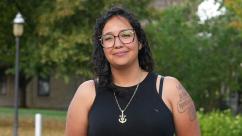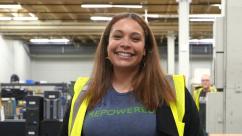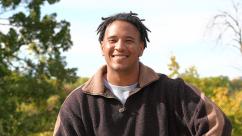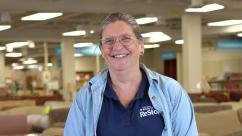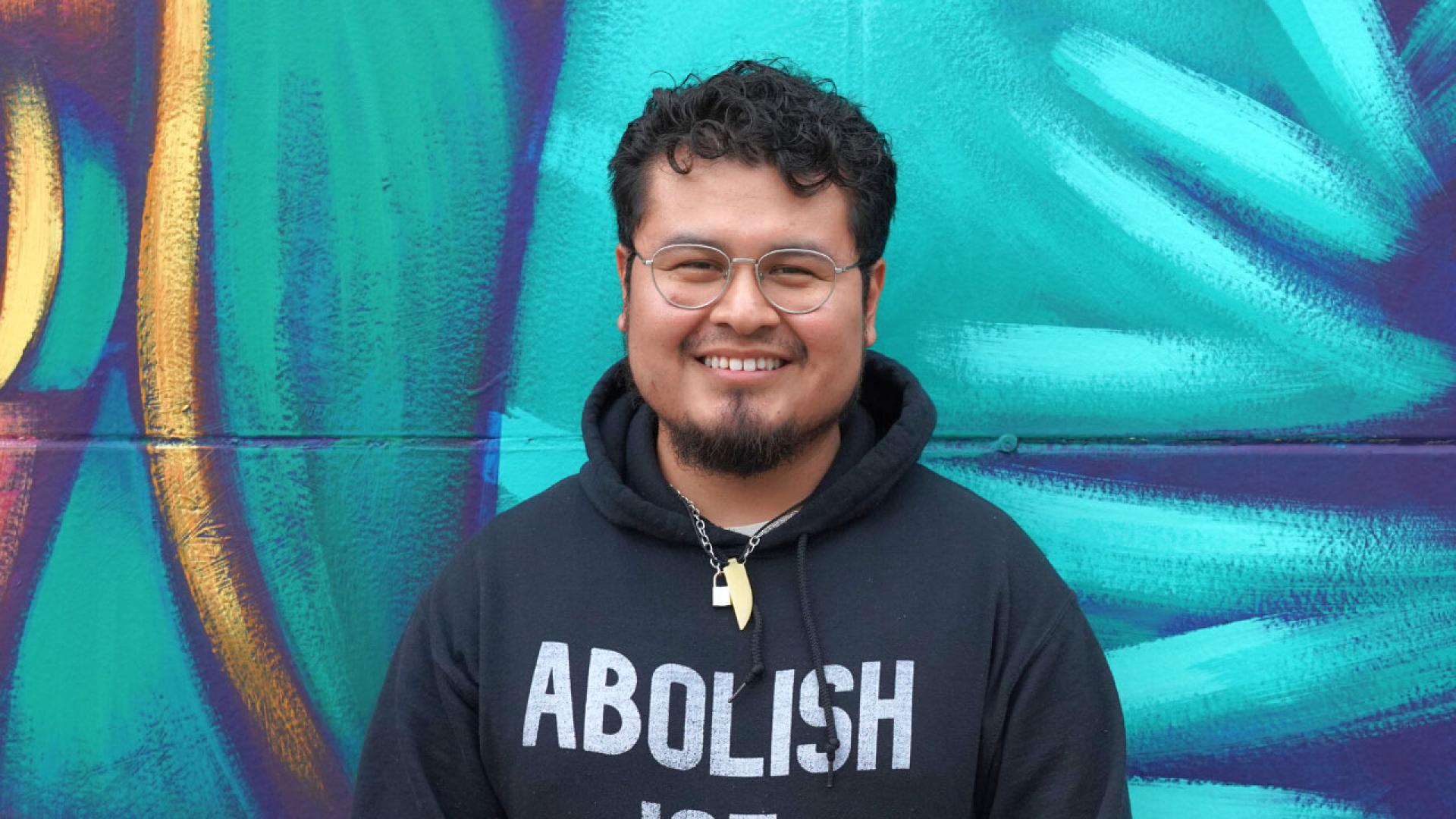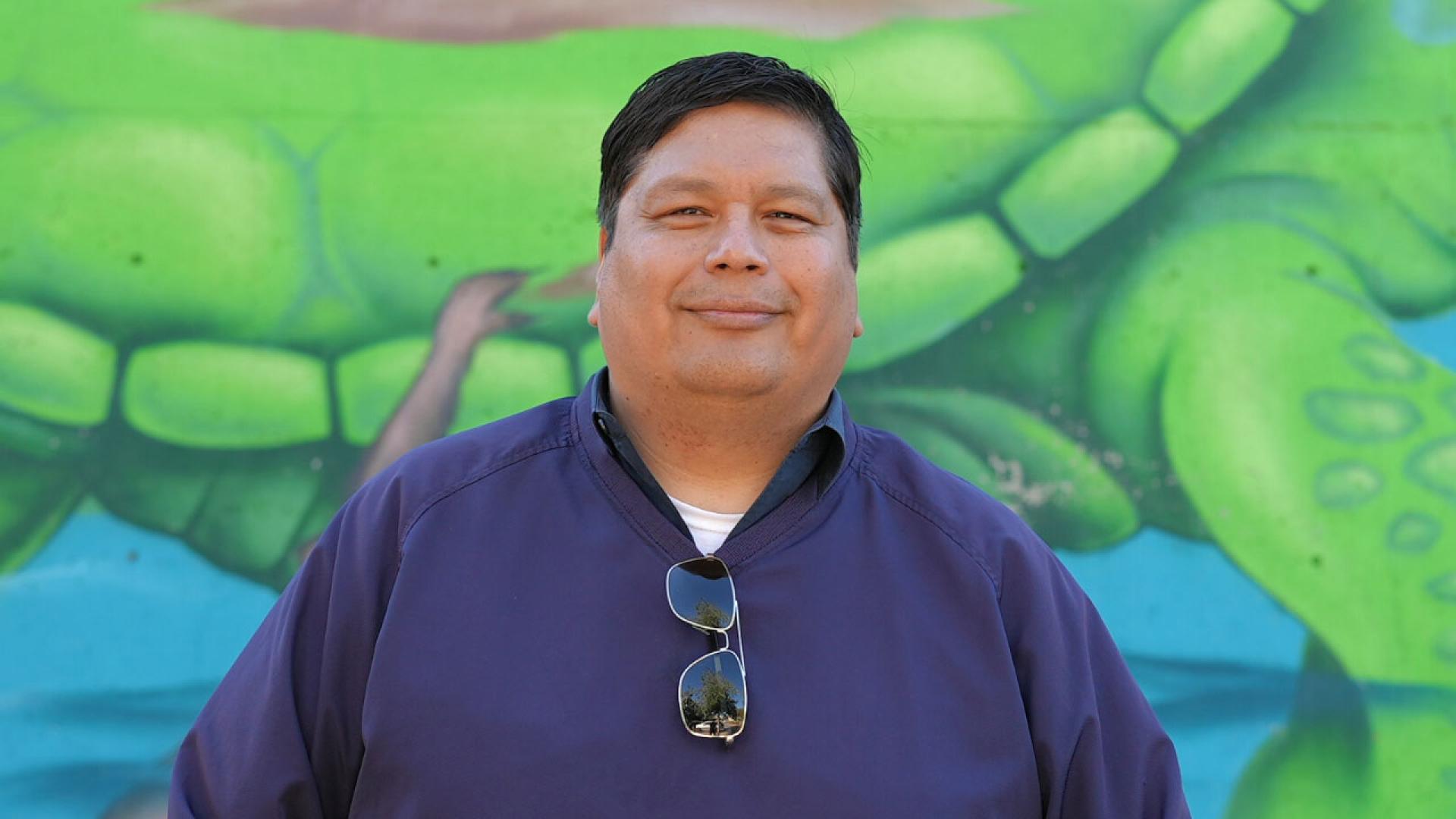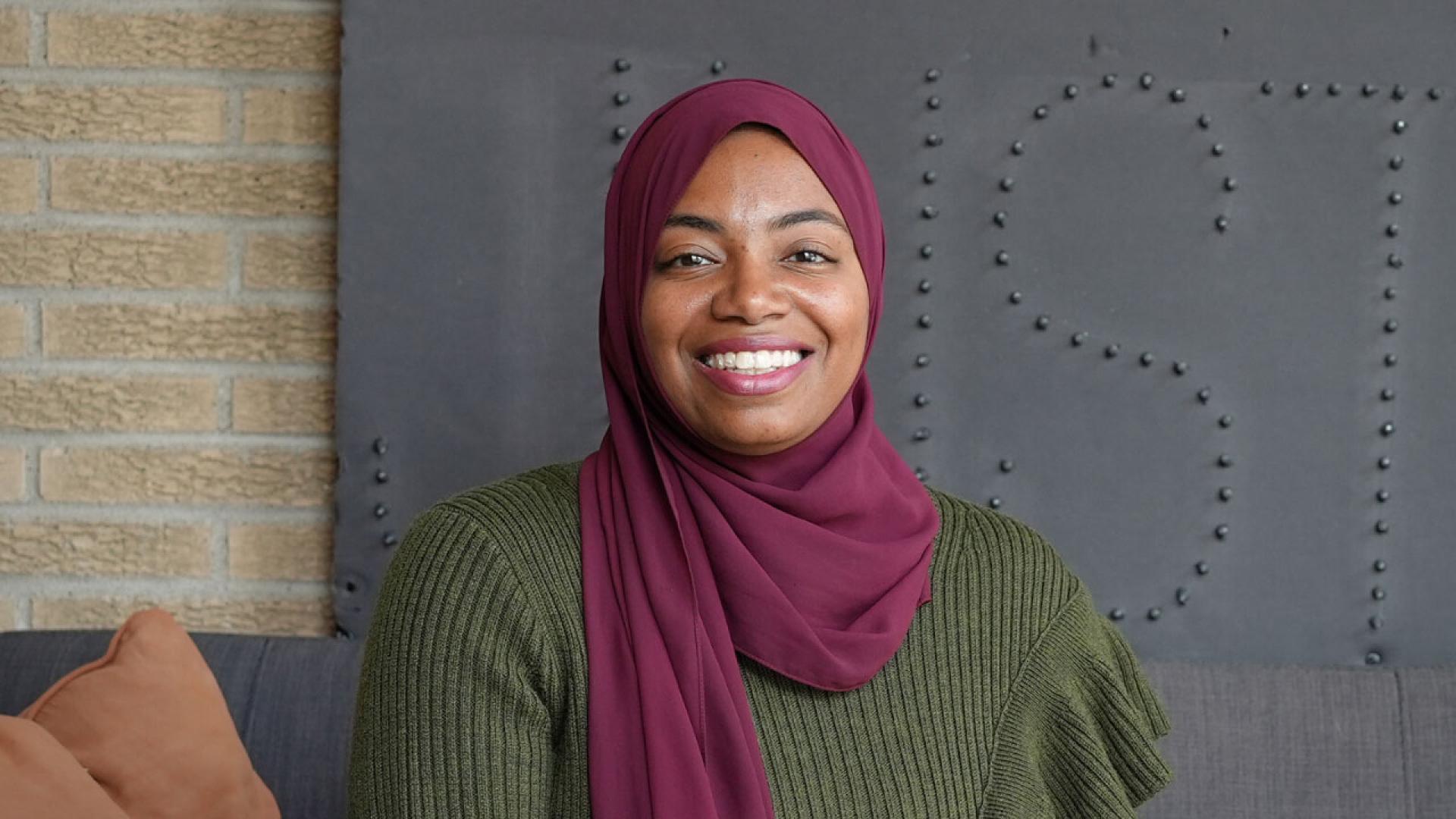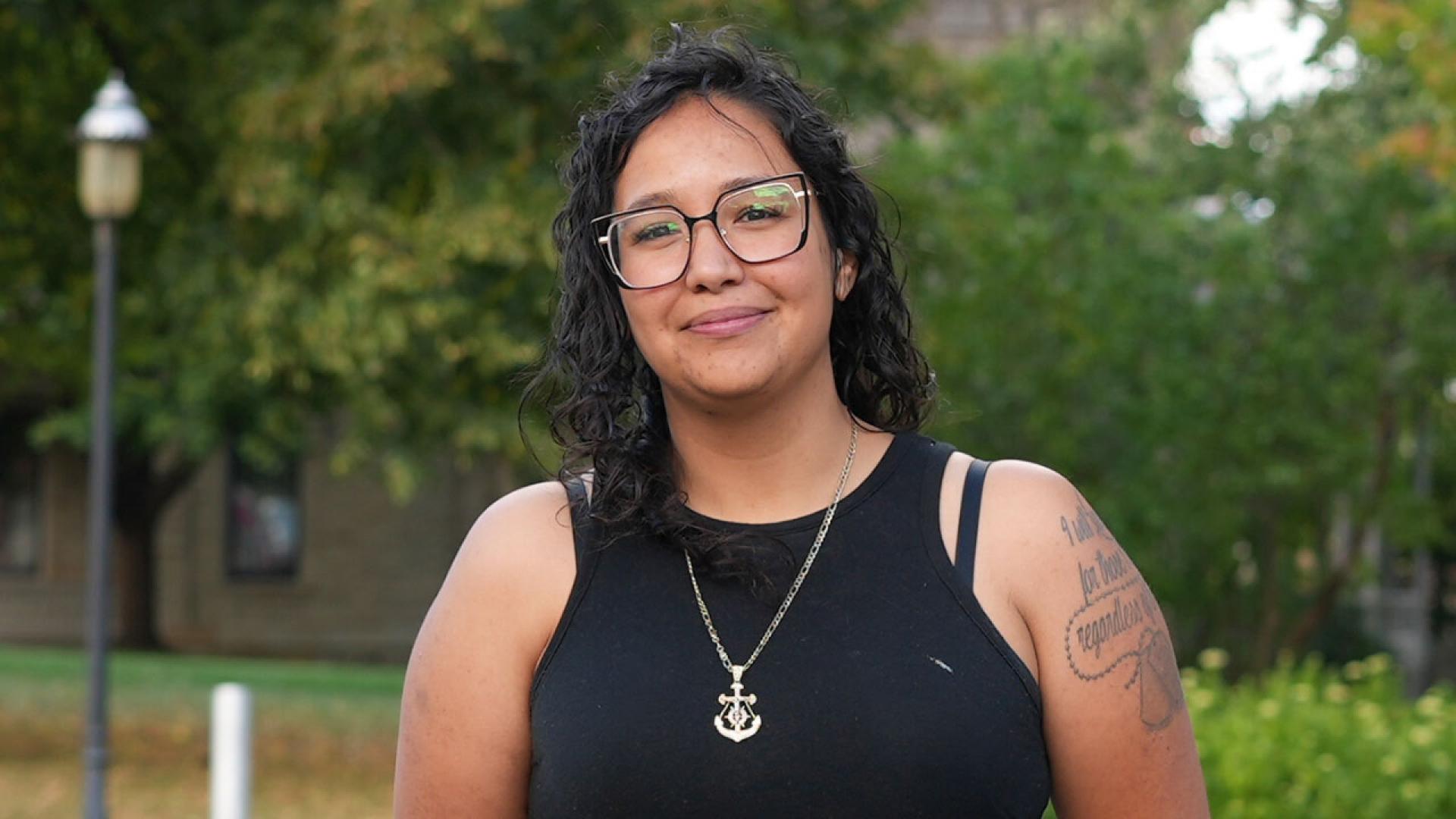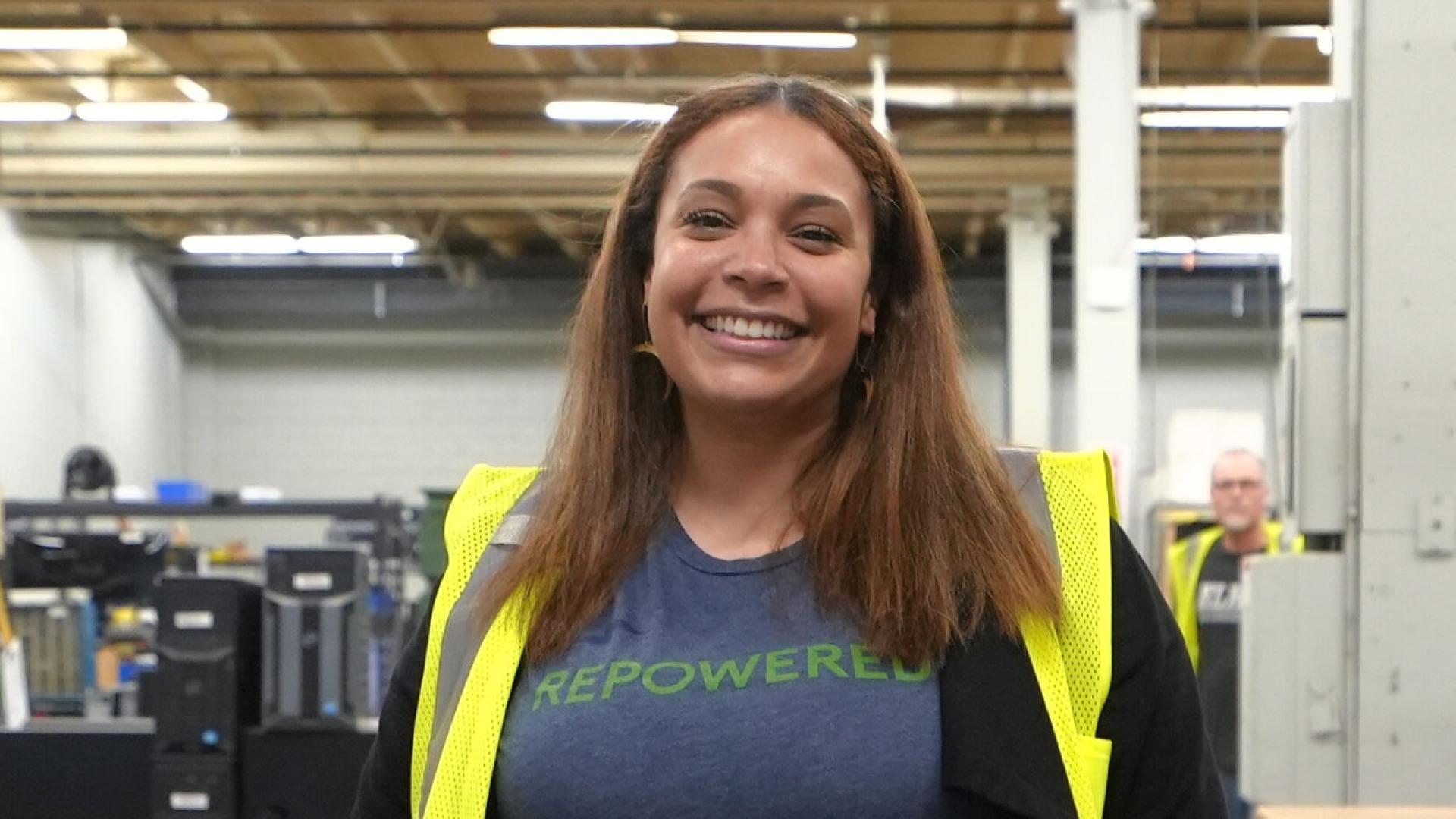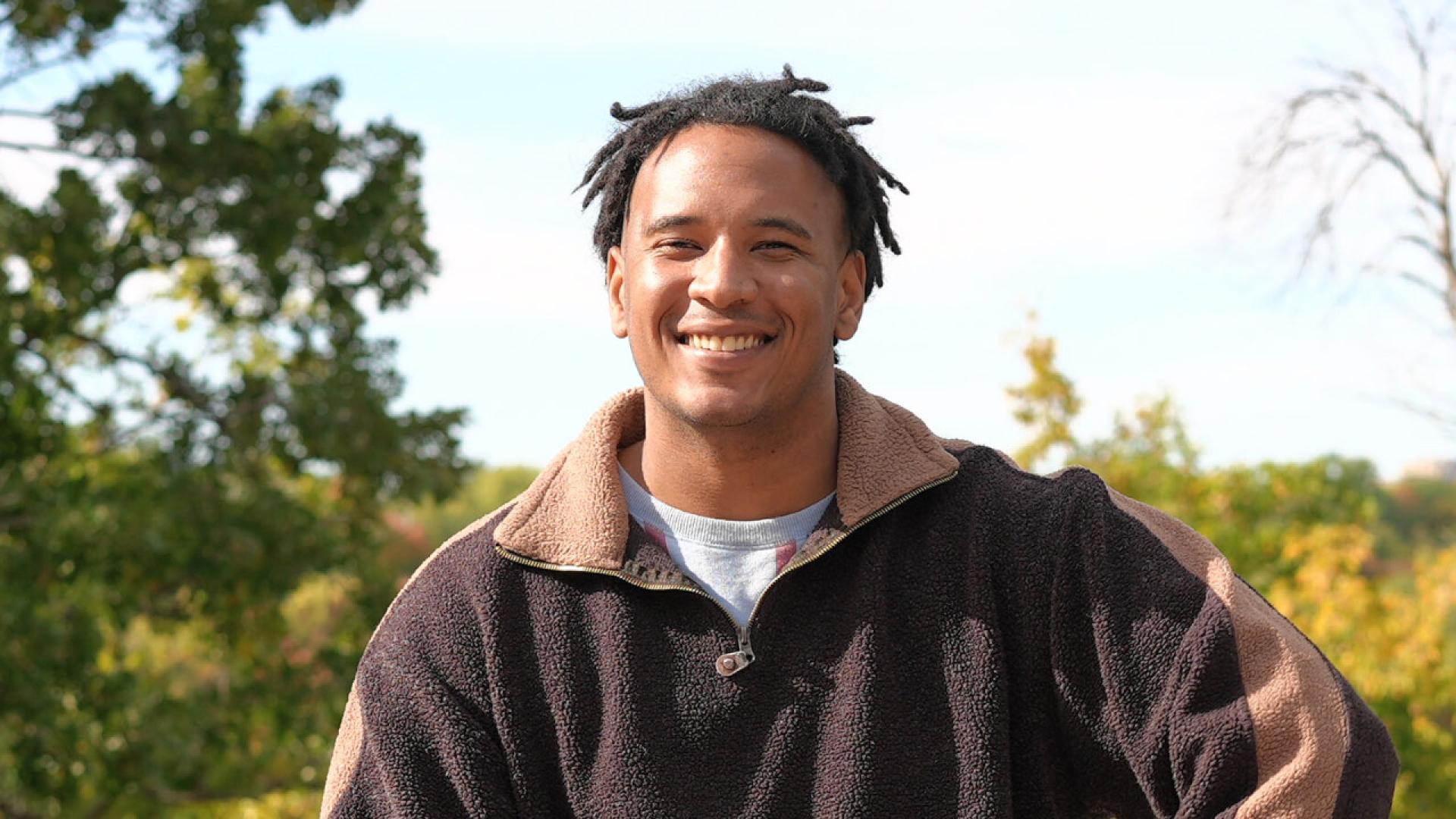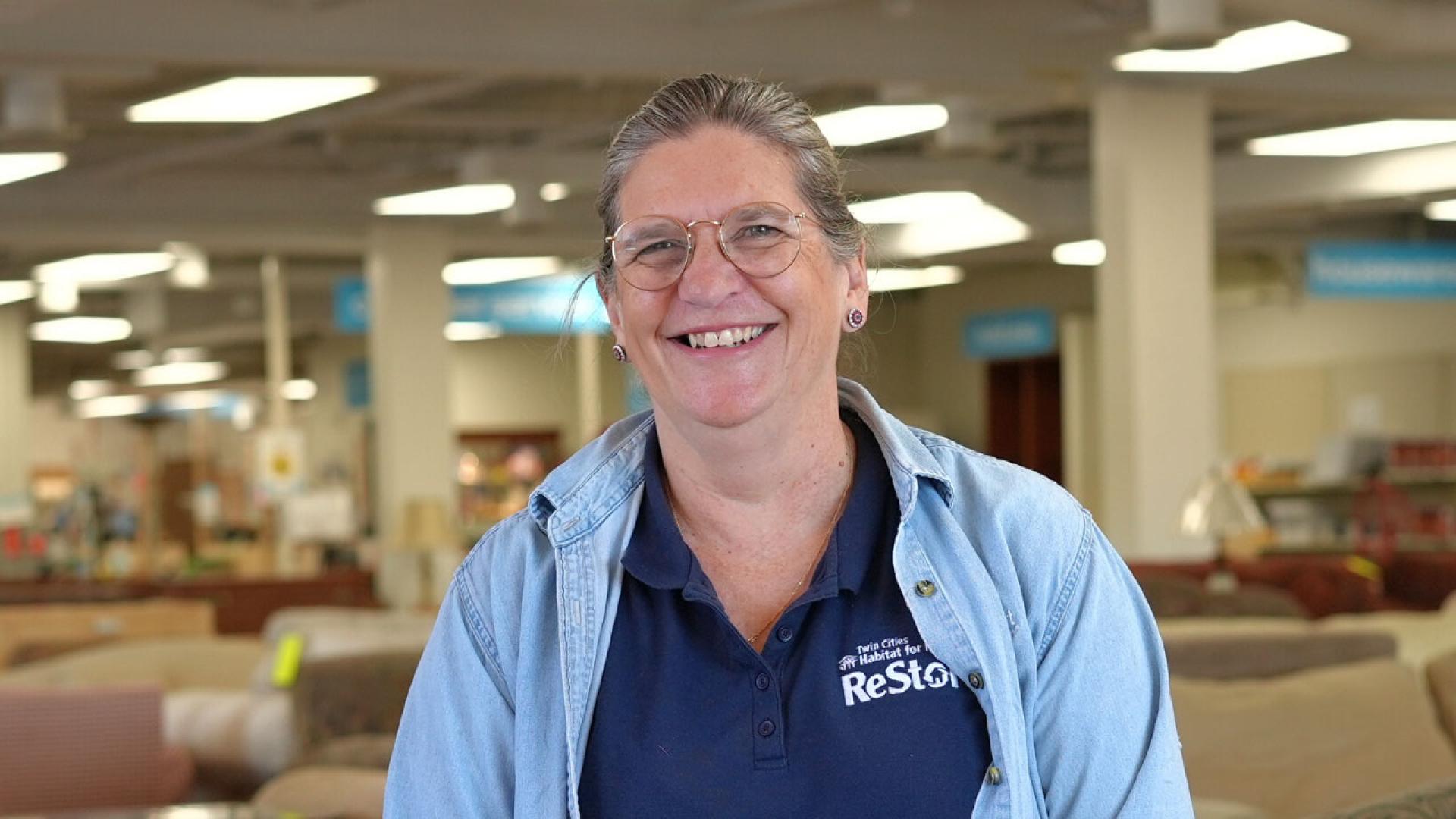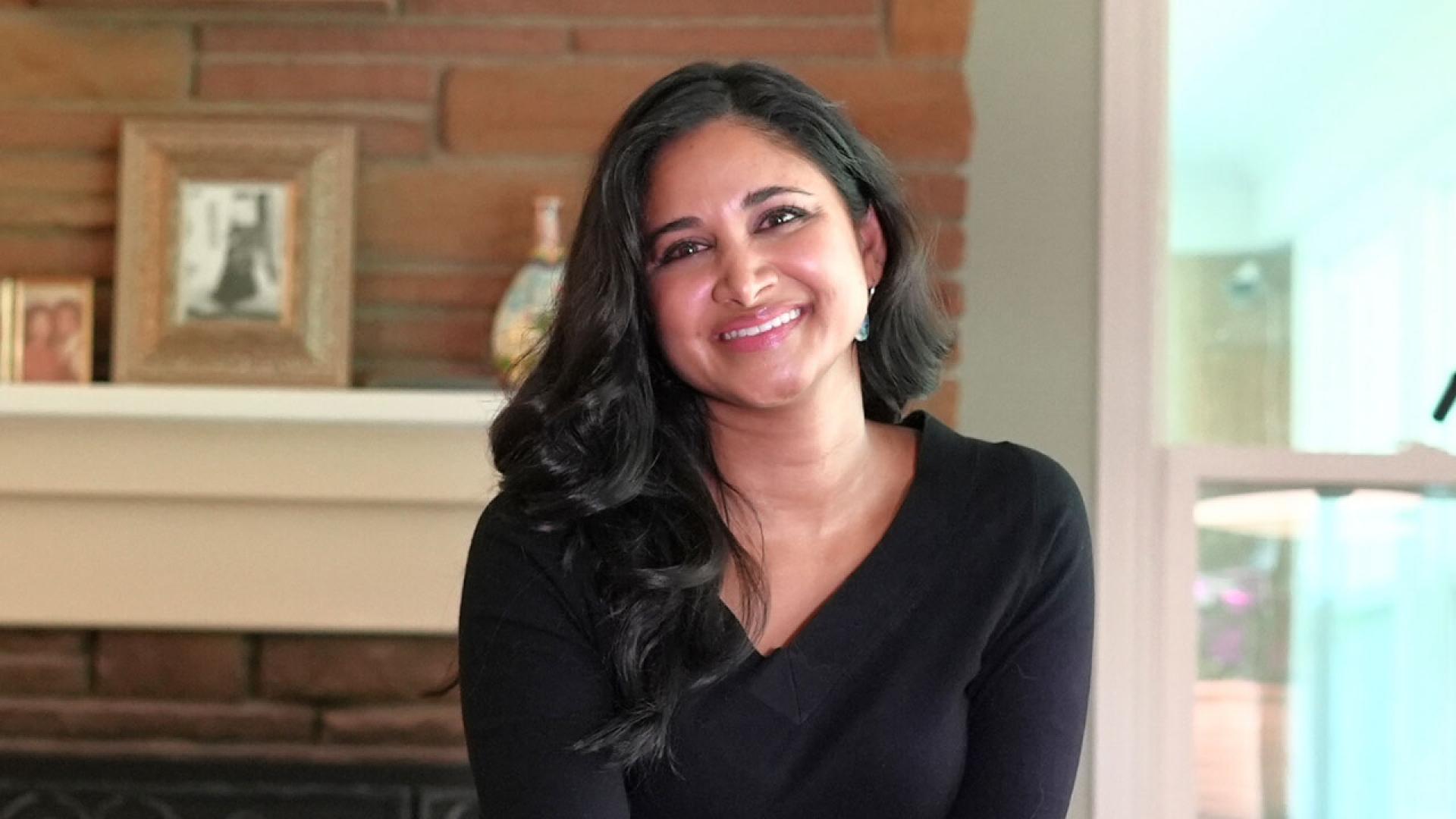Cris Phillips: Growing Food for Health, Wealth, and Social Change
In this Episode
Crispin’s Story
Appetite for Change is helping to create access to fresh, healthy, and affordable food while reducing inequities in North Minneapolis, a predominantly Black community in the Twin Cities. Crispin (Cris) is the Urban Agriculture Manager at Appetite for Change. He is helping the world reach drawdown by using locally grown food to connect neighbors through his superpower of listening first and responding to what is needed most to nourish well-being and empower community members. Through youth and workforce development programs, social enterprises, and policy initiatives, Appetite for Change is a climate solution that addresses multiple issues our communities face while building community capacity for health, wealth, and social change.
Discussion Questions
One of the most important things you can do regarding climate change is talk about it.
- The Urban Ag program at Appetite for Change grows fresh, nutritious foods in unused land throughout North Minneapolis, creating flourishing community garden plots, and using regenerative, sustainable, and organic gardening methods that help reduce harmful greenhouse gas emissions while encouraging social connectedness. Restoring vacant land not only brings beauty to the places we live but also simultaneously addresses climate change by creating land sinks that help to pull carbon dioxide out of the atmosphere and provide relief from urban heat islands (since cities tend to be significantly warmer than surrounding areas given that they have more concrete surfaces and industrial activity). Cris shares that the model of community gardening for social change is replicable for other communities to create a ripple effect of positive change. Are there unused land spaces in your community or school that could benefit from greening efforts, like implementing community gardens? If so, what ideas do you have to make this change a reality and be part of the positive ripple effect that Cris envisions?
- Cris and the Urban Ag team manage Appetite for Change's garden plots. However, community members and youth are involved in planting, tending, and harvesting plots, making that produce accessible to the community at the Farmer's Market. How might this approach specifically help to address each of Appetite for Change's focus areas of health, wealth, and social change in the North Minneapolis community?
- Cris tries to increase the variety of produce introduced to community members by growing foods they might not be used to. In addition to kale and collard greens, for example, Cris grows less familiar foods, like bok choy, swiss chard, edible flowers, and a variety of peppers, with the hopes of increasing the appreciation for different flavors and healthy food options. Have you ever grown food or know someone who does? How might growing your food, or being involved in the process, increase your appreciation for it, or increase the types of produce you include in your diet?
- Cris shares that a hugely important lesson for him has been embracing diversity and being open to life's many possibilities. Cris recognizes the importance of learning from others, like the Hmong community members, who Cris describes as phenomenal farmers. Their presence within the Twin Cities is an opportunity to build relationships across cultures and differences. In addition, Cris says that each member of the Urban Ag team at Appetite for Change brings a different background and farming experience from working on various farms. This diversity helps make their collaboration together stronger. What is the value of bringing people together from different backgrounds, and what opportunities might such interactions create that might otherwise not be possible?
- Farming is intergenerational in Cris' family. His dad was a horticulturist and agronomist, and his mom grew up on a farm and had a garden. Because of his upbringing, Cris had very early exposure to the importance and joy of growing food. Cris also had uncles who were farmers who reinforced his learning. Crispin also holds an undergraduate degree from Dillard University and a graduate degree from Oklahoma State University. In your opinion, what is the difference between academic learning and experiential learning? What are opportunities in your life to value multiple pathways for learning, especially as we think about people who might not be traditionally viewed as experts in climate solutions?
- Cris describes learning how to farm as a natural process of being exposed to growing food as a youth. Over time, he says, you pick up skills that you will always have with you. Despite living in different places, Cris says he always had a place to plant and grow food. What new skills would you like to learn? How can you build exposure over time to this skill so that your learning becomes a natural process of improvement? How might you use these skills no matter where you live?
- Communities know best what solutions are most beneficial because they are closest to the issues. Cris describes his superpower as the ability to listen actively, and he does that by repeating what he heard a person say and then asking the question, "Is that what I heard?" This approach, he says, helps to increase understanding, alignment, and trust, which are essential for climate solutions that are co-designed with the community. What is your superpower when it comes to the role you can play in supporting climate solutions? How can you practice Cris' process of active listening to help build relationships and trust in your life?
Learn More
Learn about the solutions in this story.
- Solution Sector: Land Sinks
- For more on all of the Drawdown climate solutions, visit drawdown.org/solutions.
- Learn more about Cris’s work: Appetite for Change
Explore Climate Solutions 101, the world's first major educational effort focused solely on climate solutions. This video series combines Project Drawdown’s trusted resources with the expertise of inspiring, scientifically knowledgeable voices from around the world: drawdown.org/climate-solutions-101.
Take Action
- Drawdown Ecochallenge, presented by Ecochallenge.org, is a fun and social way to take measurable action on the top solutions to global warming. Take the challenge, and see how a few weeks of action add up to a lifetime of change for you and the planet. If you want to take action on Land Sinks like Cris, visit drawdown.ecochallenge.org/challenges/land-sinks.
- The Drawdown Labs Job Function Action Guides are practical and shareable resources that highlight specific, high-impact climate actions employees in common corporate professions can take at work.
- ChangeX connects people with proven ideas for strengthening communities with the resources needed to implement those changes. Explore countless ways to improve your community and help the world reach drawdown.
- Climate Generation's Green Careers for a Changing Climate Instructional Supplement (for Grades 6-8) contains resources to help young people learn about Green STEM Careers — careers that can help solve the impacts of climate change using STEM skills. Throughout this instructional supplement, students will be using the resource Drawdown to make important connections to solutions that these careers will implement.
- Solutions Journalism Network highlights the importance of reporting stories of climate solutions in the media to create a more equitable and sustainable world. Visit their Teaching Climate Solutions resource to find curated collections and the latest examples of climate solutions journalism.
- SubjectToClimate (StC) is a nonprofit online connector for K-12 leaders of all subjects to find materials on climate change at no cost. Explore StC’s educator-generated database to connect to Project Drawdown-based climate education resources.
Sign up to receive updates, provide ideas, and tell us how you might share Drawdown’s Neighborhood in your community.


